We live in a world that is fractured, and it seems to get more so with each new event that shakes us. When incidents are close to home, like those in Manchester, we seem to experience the despair of families and friends that much more intensely.
It is difficult to say much at times like these when emotions run high and deep.
Opening to others
We become acutely aware of the power of community, of how we reach out, how we rally and open our doors to strangers and automatically rush forward to help.
In a whatsapp conversation with a friend, we remembered going to the Manchester Arena in 2012 to listen to the Dalai Lama speak. Other friends remember their own special connections with a city that they’ve visited for its life-affirming music scene, lively contemporary culture or fierce industrial heritage; lived for a while as a student; or, in the case of the world-renowned football teams, supported passionately from afar.
It seems when our bodies are connected to spaces and memories, we feel more directly affected by events, and therefore more easily affected by and connected to things that happen on our doorstep.
This basic drive allows courage, compassion and community to naturally emerge at times of trouble. We seem instinctively charged to want to help alleviate the pain and suffering we see. The human spirit appears glorious and defies the social constructs that otherwise divide.
While we are in this space, it becomes easier to identify with our brothers and sisters in Syria, Iraq, the Congo and many parts of the world where families are devastated on a daily basis.
Once this softness of connection lessens, fear becomes stronger than compassion; our walls go up and we easily revert to ‘selfing’ and ‘othering’.
Embodying compassion through fearful times
Then comes a moment of choice. When we consciously and deliberately inhabit these very different spaces of connecting and of pushing away, we can sense which we prefer, which feels better for our own physiology, mental health and vision for the world we’d really choose to live in.
It’s our longer-term responses that create the world. Is it possible to put in place the conditions that foster interbeing and belonging? Are there ways we can live that create a different world, where there is genuine compassion without denying fear as part of a bodily reaction to feeling threatened?
Atrocities and catastrophes shake up our world and commonly prompt us into action. As part of a longer-term response, one of the powerful things we can do as individuals is to educate ourselves. We can listen to people who talk about creating a better world for all; to leaders who talk of love; to fathom how we might direct our skills and talents towards actions that give heart-felt expression to our thoughts and words, our vision.
As someone wrote yesterday, having been touched by the acts of community they’d witnessed:
“No prejudices about race or religion, body weight or wealth, sexuality or social status.
Makes you think about what a world would be like where that was the norm”.
For inspiration, please see the wonderful work of John A Powell, Director of the Haas Institute for a Fair and Inclusive Society. He directs the “Othering and Belonging” bi-annual Conference.
For those who wish to listen to podcasts or watch clips or read articles, some insightful pieces are pasted below. Others of us may find practice the place through which we conquer ‘othering’. For some of us it may be a combination of these.
Angela Davis and Jon Kabat-Zinn 2015 conversation. Pema Chodron and Alice Walker audio. Bell Hooks and Thich Nhat Hanh article.While we live in this between-space of carrying the effects of shock while returning to everyday tasks, hopefully we can together reflect on how, through our daily lives, we can remain open to one another and create communities of belonging.
May we all experience a sense of community
May we all feel a sense of belonging
May we all create a world of freedom and flourishing for everyone
To follow this and other posts on Mindfulness, you can sign up to the CMI mailing list at the bottom of this page.


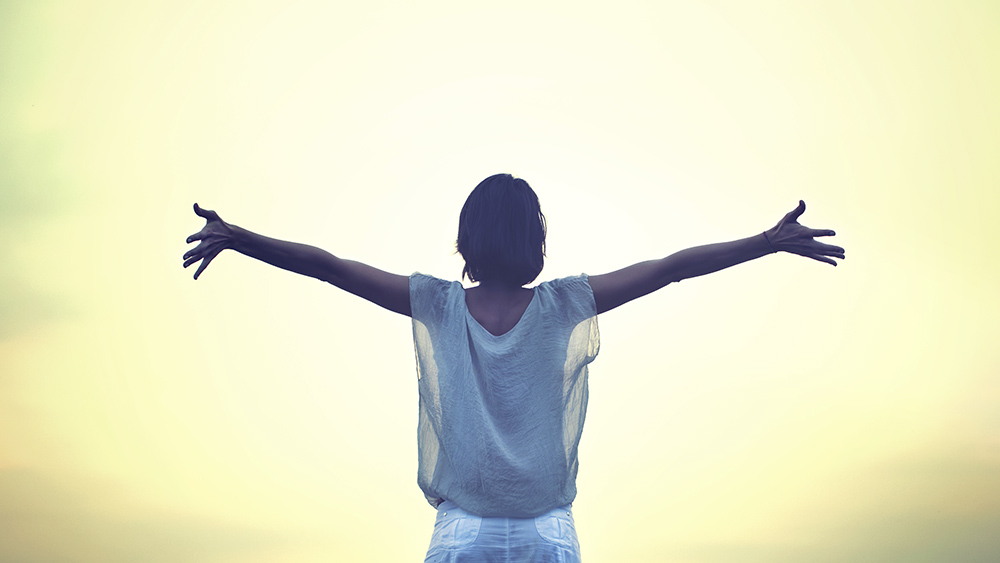
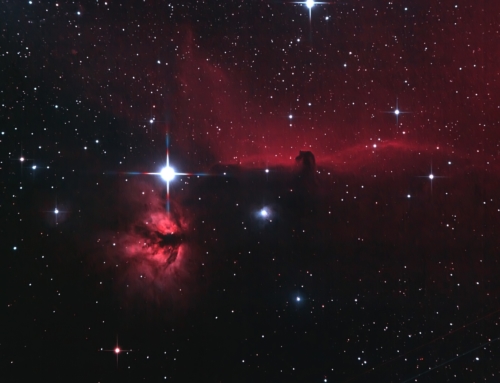
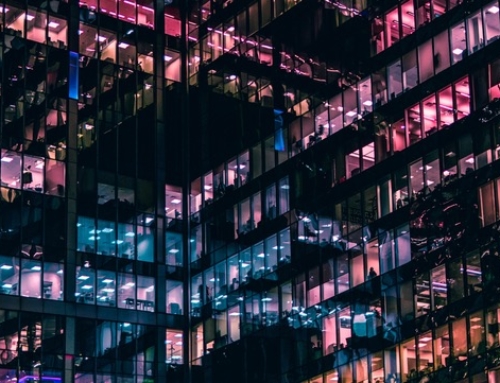
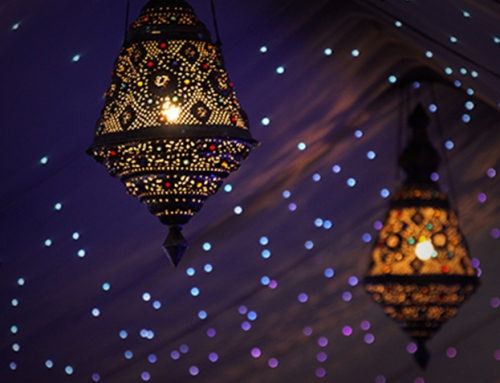
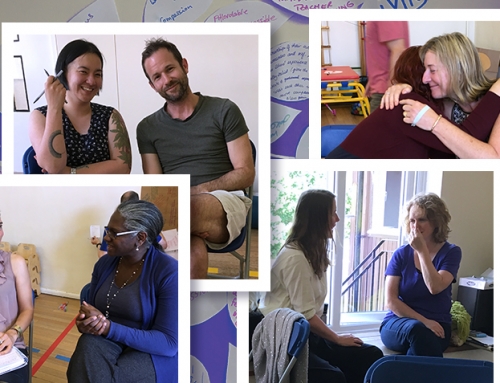
Leave A Comment